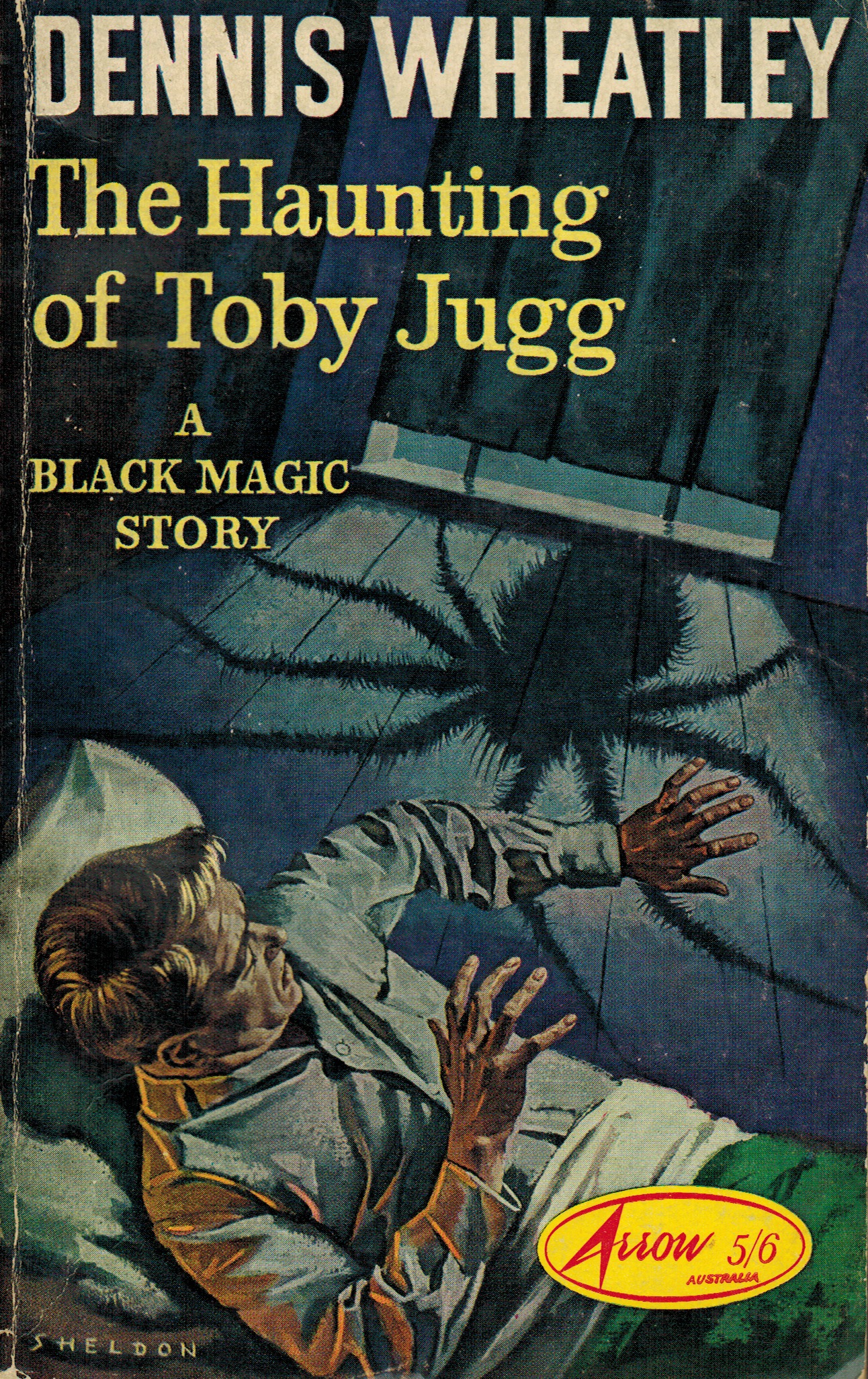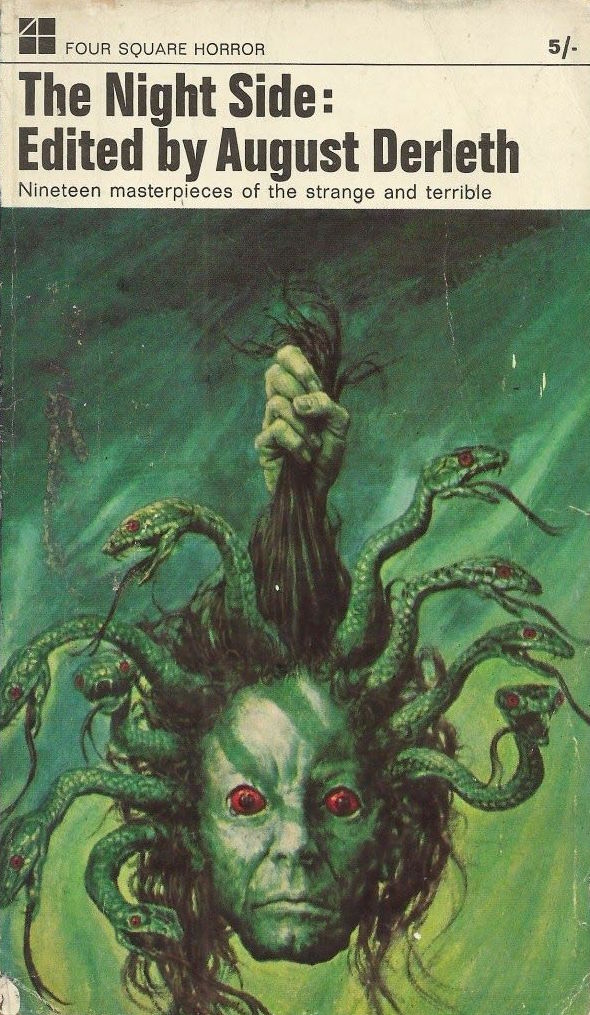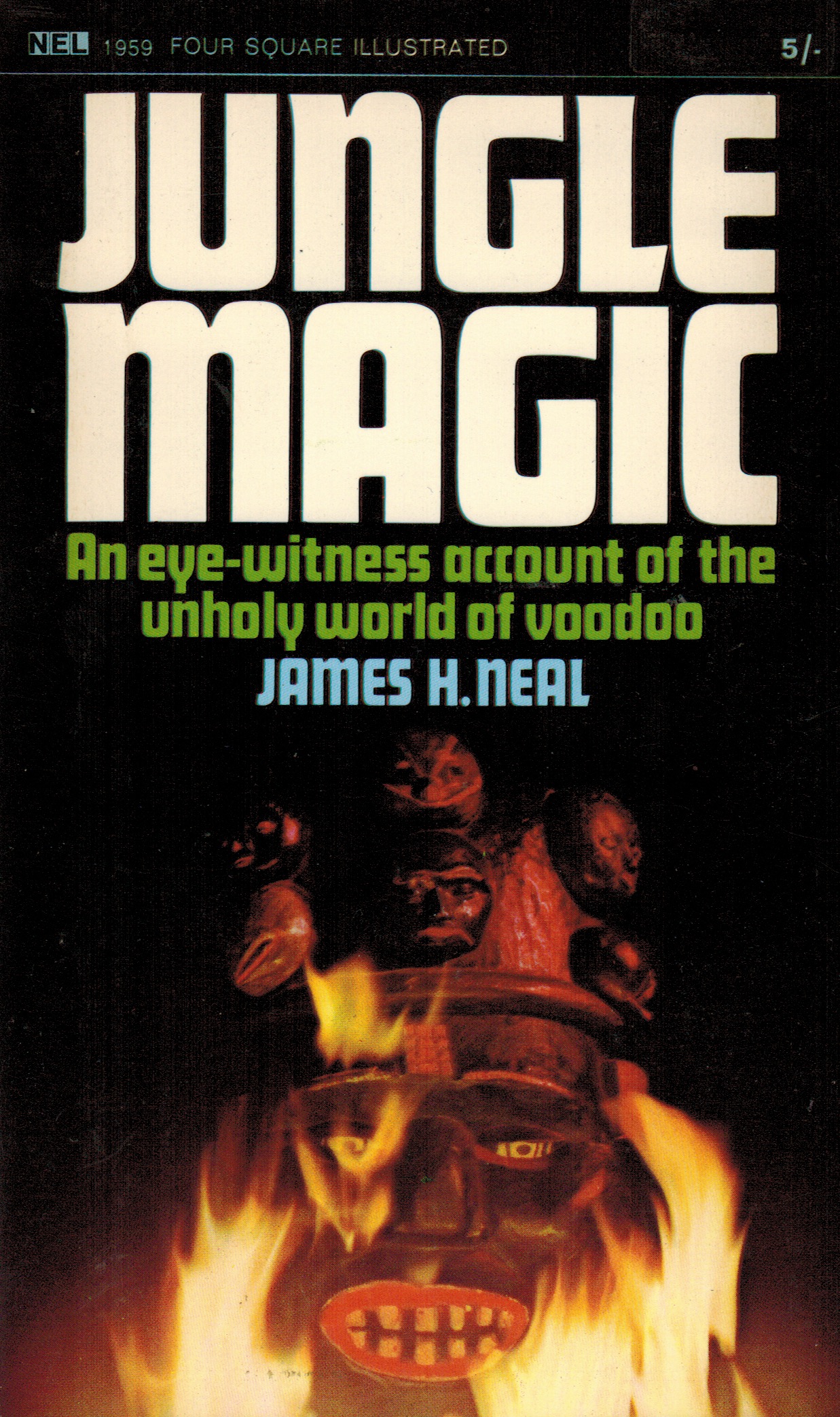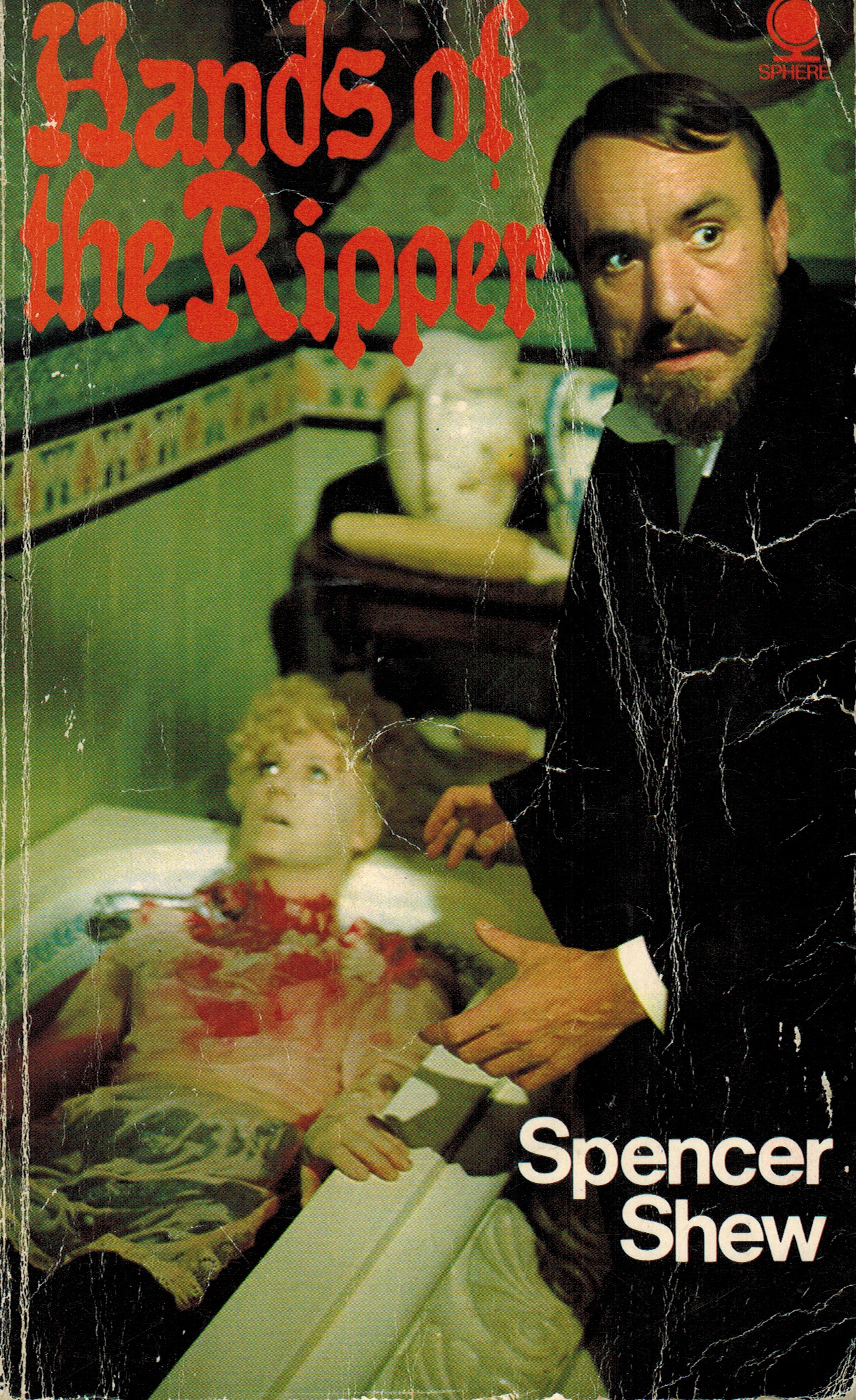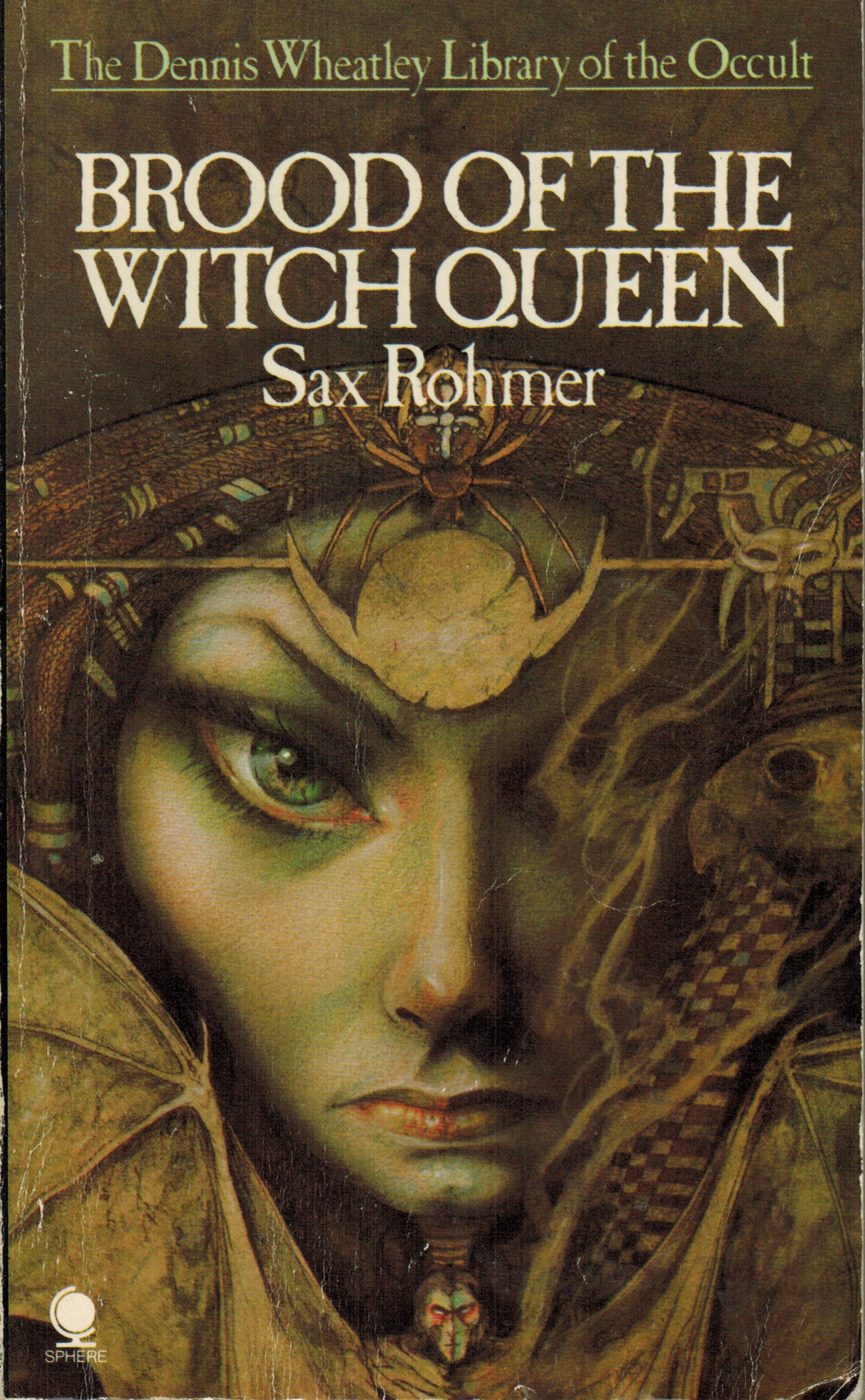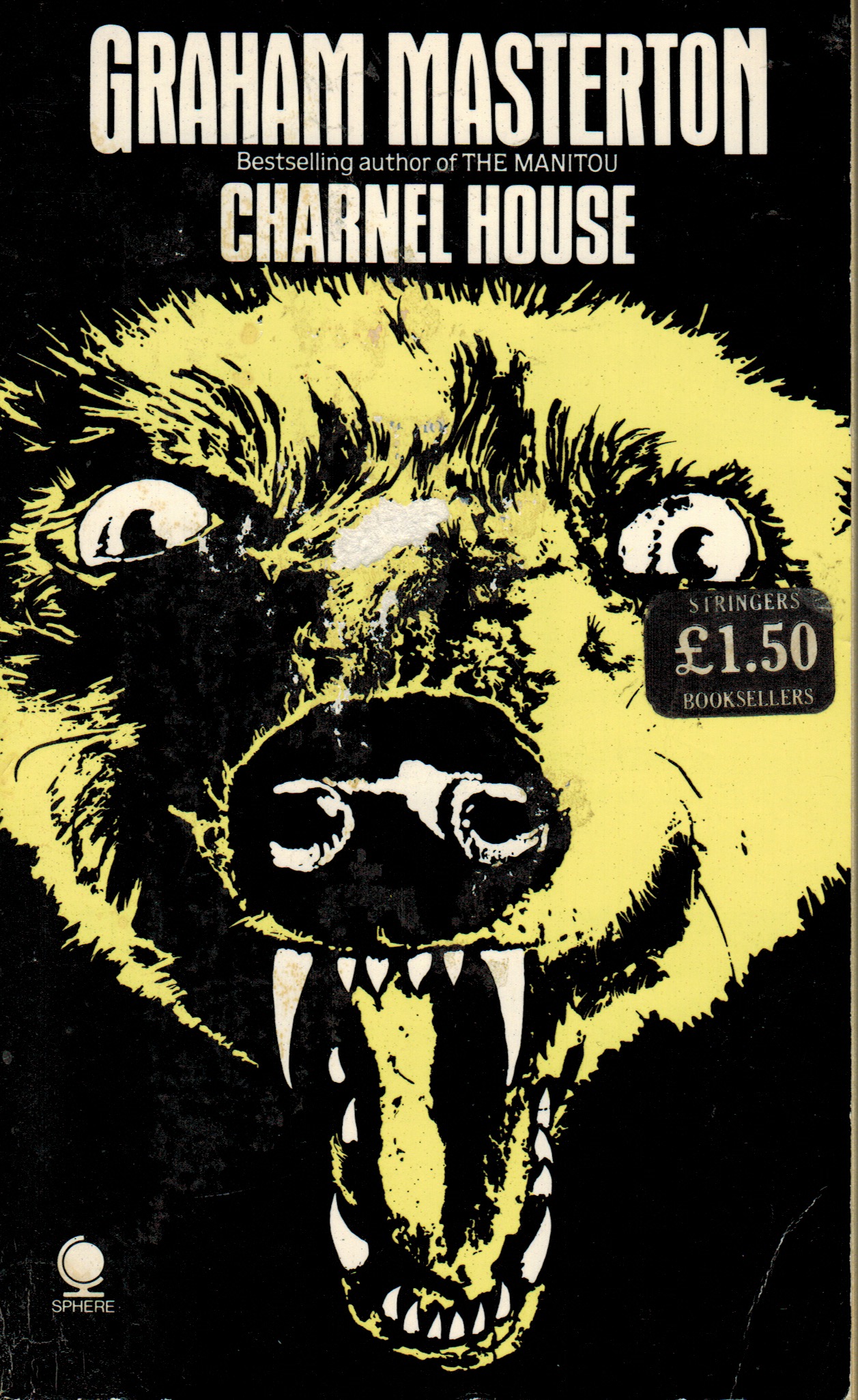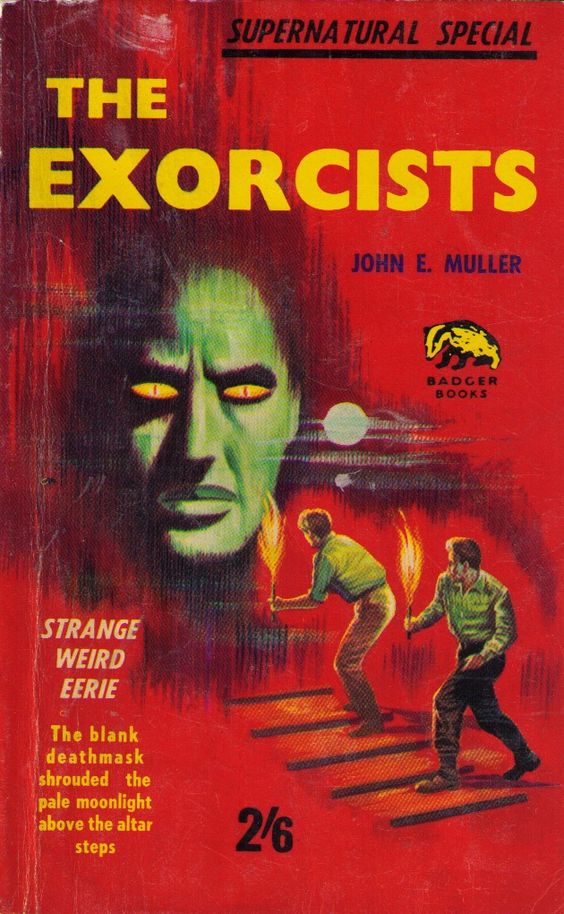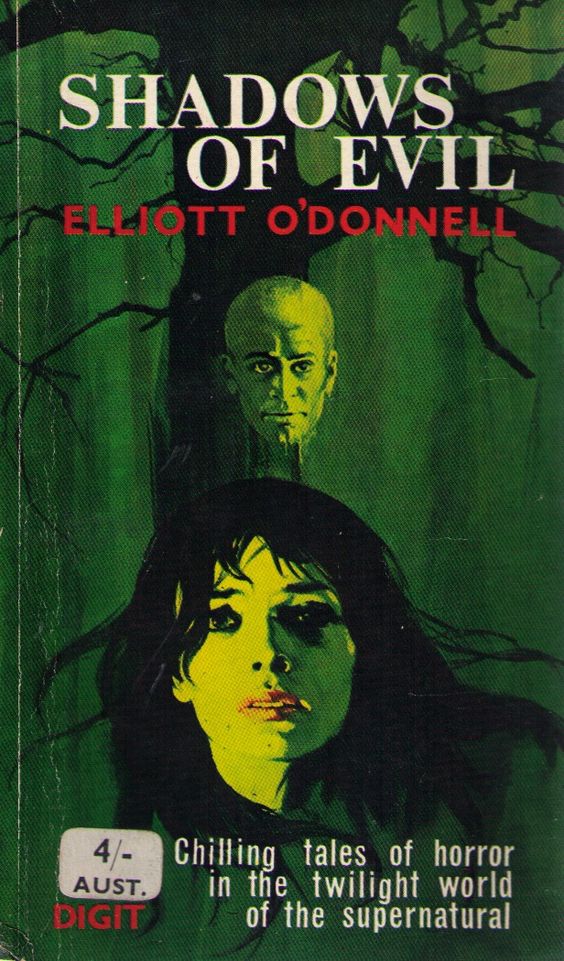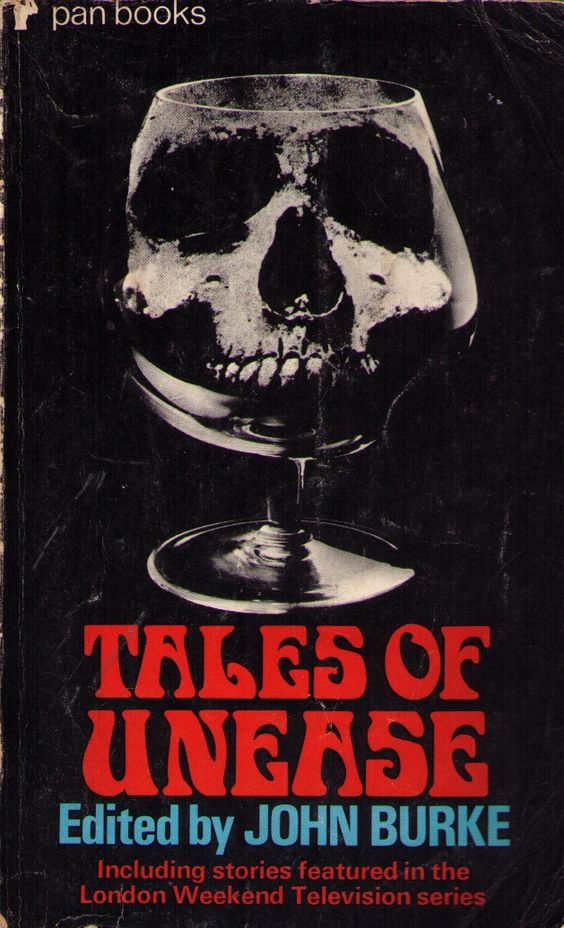Search
-
Recent Posts
- Dishing up Pulp Curry in a new way: why I am starting a Substack newsletter
- Book reviews: Deadly dames, midcentury Brit pulp and 1970s science fiction
- Mackenna’s Gold (1969): Gold, Ghosts and Frontier Violence
- Orphan Road book launch
- Orphan Road now available
- Pre-orders open for my new novel, Orphan Road
- Cover reveal: Orphan Road, my follow up to Gunshine State
- Breakfast in the Ruins podcast: New English Library Bikermania
- Why 1973 was the year Sidney Lumet took on police corruption
- Men’s Adventure Quarterly: Gang Girls issue
Categories
- 1960s American crime films
- 1970s American crime films
- 1980s American crime films
- 1990s American crime films
- Adrian McKinty
- Albert Dekker
- Andre De Toth
- Angela Savage
- Angie Dickinson
- Anthony Zerbe
- Asian noir
- Australian crime fiction
- Australian crime film
- Australian noir
- Australian popular culture
- Australian pulp fiction
- Australian television history
- Ava Gardner
- Beat culture
- Belmont Tower Books
- Ben Wheatley
- Billie Whitelaw
- Black pulp fiction
- Blaxsploitation
- Book cover design
- Book Reviews
- British crime cinema
- British pulp fiction
- Bryan Brown
- Burt Lancaster
- Carter Brown
- Charles Durning
- Charles Willeford
- Chester Himes
- Christopher G Moore
- Christopher Lee
- Cinema culture
- Claude Atkins
- Coronet Books
- Crawford Productions
- Crime Factory
- Crime Factory Publications
- Crime fiction
- Crime fiction and film from Africa
- Crime fiction and film from Cambodia
- Crime fiction and film from China
- Crime fiction and film from India
- Crime fiction and film from Indonesia
- Crime fiction and film from Japan
- Crime fiction and film from Laos
- Crime fiction and film from Latin and Central America
- Crime fiction and film from Malaysia
- Crime fiction and film from New Zealand
- Crime fiction and film from Scandinavia
- Crime fiction and film from Singapore
- Crime fiction and film from South Korea
- Crime fiction and film from Thailand
- Crime fiction and film from the Philippines
- Crime Fiction and film set in Vietnam
- Crime film
- Dangerous Visions and New Worlds Radical Science Fiction 1950 to 1985
- David Goodis
- David Peace
- David Whish-Wilson
- Derek Raymond
- Diana Dors
- Dirk Bogarde
- Don Siegel
- Don Winslow
- Donald Westlake aka Richard Stark
- Dystopian cinema
- Ernest Borgnine
- Eurocrime
- Fawcett Gold Medal Books
- Femme fatale
- Fernando Di Leo
- Filipino genre films
- Film Noir
- Forgotten Melbourne
- French cinema
- French crime fiction
- Garry Disher
- Gene Hackman
- George V Higgins
- Georges Simenon
- Ghost Money
- Giallo cinema
- Gil Brewer
- Girl Gangs, Biker Boys and Real Cool Cats: Pulp Fiction & Youth Culture, 1950-1980
- Gloria Grahame
- Gold Star Publications
- Gregory Peck
- Gunshine State
- Heist films
- Horror
- Horwitz Publications
- Humphrey Bogart
- Ian Fleming
- Interviews
- Ira Levin
- James Caan
- James Crumley
- James Ellroy
- James Hadley Chase
- James Woods
- Jim Brown
- Jim Thompson
- Joel Edgerton
- John Frankenheimer
- Joseph Losey
- Karen Black
- Kerry Greenwood
- Kinji Fukasaku
- Larry Kent
- Laura Elizabeth Woolett
- Lee Marvin
- Leigh Redhead
- Lindy Cameron
- M Emmet Walsh
- Mad Max
- Mafia
- Malla Nunn
- Martin Limon
- Megan Abbott
- Melbourne International Film Festival
- Melbourne Writers Festival
- Men's Adventure Magazines
- Michael Caine
- Michael Fassbender
- Mickey Spillane
- Monarch Books
- Ned Kelly Awards
- Neo Noir
- New English Library
- Newton Thornburg
- Noir Con
- Noir fiction
- Non-crime reviews
- Oren Moverman
- Orphan Road
- Ozsploitation
- Pan Books
- Parker
- Paul Newman
- Peter Boyle
- Peter Corris
- Peter Strickland
- Peter Yates
- Poliziotteschi
- Pulp fiction
- Pulp fiction in the 70s and 80s
- Pulp fiction set in Asia
- Pulp Friday
- Pulp paperback cover art
- Qui Xiaolong
- Raymond Chandler
- Richard Burton
- Richard Conte
- Robert Aldrich
- Robert Mitchum
- Robert Ryan
- Robert Stone
- Rock Hudson
- Roger Smith
- Rollerball
- Rosaleen Norton
- Roy Scheider
- Rural noir
- Sam Levene
- Sam Peckinpah
- Samuel Fuller
- Science fiction and fantasy
- Scripts Publications
- Sidney Lumet
- Sidney Poitier
- Simon Harvester
- Snowtown
- Snubnose Press
- Spies
- Stanley Baker
- Sterling Hayden
- Steve McQueen
- Sticking it the the Man Revolution and Counter Culture in Pulp and Popular Fiction 1950 1980
- Stuart Rosenberg
- Tandem Books
- Tart noir
- Tartan Noir
- Ted Lewis
- Toni Johnson Woods
- True crime
- Vicki Hendricks
- Victor Mature
- Vintage mug shots
- Vintage pulp paperback covers
- Wallace Stroby
- War film
- Westerns
- William Friedkin
- Woody Strode
- Yakuza films
- Yaphet Kotto
Nothing but noir
Recommended reading
The lurid world of pulp
- 20th century Danny Boy
- American Pulps
- Bear Alley
- Bloody, Spicy, Books
- Comics Down Under
- Everything second hand
- Existential Ennui
- Greenleaf Classic Books
- Irv O. Neil's Erotica is My Trade
- Killer Covers
- Lost Classics of Teen Lit 1939-1989
- Luminist Archives
- Men's Pulp Mags
- Mporcius Fiction Log
- Murder, Mayhem and Long Dogs
- Neglected Books
- Nocturnal Revelries
- Paperback Warrior
- Paperbacks of the Gods
- Pop Sensation
- Pulp artists
- Pulp Covers
- Pulp Crazy
- Pulp Flakes
- Pulp International
- Pulp Magazines Project
- Pulp Serenade
- Realms of the Night
- Romance Fiction Has a History
- Rough Edges
- Sin Street Sleaze
- Spy Guys and Gals
- The department of Afro American Research Arts & Culture
- The Dusty Bookcase
- The Haunted World of Richard Sala
- The Moon Lens
- The Nick Carter & Carter Brown Blog
- The Pulp & Paperback Fiction Reader
- Too Much Horror Fiction
- True Pulp Fiction
- Vault of Horror
- Vintage Nurse Romance Novels
- Vintage Romance Novels
- Welcome to the Pan Paperback
- Yellow and Creased
Support This Site
If you like what I do please support me on Ko-fi
Category Archives: Albert Dekker
Dishing up Pulp Curry in a new way: why I am starting a Substack newsletter

After much thought I have decided that to experiment with moving the focus of my blogging from this site to a new Pulp Curry Substack newsletter.
Why am I doing this?
The first post on this website appeared on July 2010 (about the incredibly underrated 1979 Australian heist film, Money Movers – you can read the post here). I’ve been writing on the site with varying frequency ever since (579 posts in all), and for the most part have enjoyed it immensely.
But for the last 12 or so months I just haven’t been feeling it – or getting the hits to make it seem worthwhile – and have started to wonder whether it’s worth continuing with the effort. Posting on a website has been starting to feel like the equivalent of trying to read a broadsheet newspaper in a crowded tram carriage, unwieldy and inconvenient.
And, thinking about it, I suspect the blog format is starting to get a bit stale for me and is actually now a brake on my posting more regularly.
I know that I’m no Robinson Crusoe in this regard. The majority of the blogs I used to follow have gradually fallen by the wayside, as people have moved on, grown weary of the effort, found other interests, adopted other means to get their message out, or, in some cases (gulp), died.… Read more
Posted in 1960s American crime films, 1970s American crime films, 1980s American crime films, 1990s American crime films, Adrian McKinty, Albert Dekker, Andre De Toth, Angela Savage, Angie Dickinson, Anthony Zerbe, Asian noir, Australian crime fiction, Australian crime film, Australian noir, Australian popular culture, Australian pulp fiction, Australian television history, Ava Gardner, Beat culture, Belmont Tower Books, Ben Wheatley, Billie Whitelaw, Black pulp fiction, Blaxsploitation, Book cover design, Book Reviews, British crime cinema, British pulp fiction, Bryan Brown, Burt Lancaster, Carter Brown, Charles Durning, Charles Willeford, Chester Himes, Christopher G Moore, Christopher Lee, Cinema culture, Claude Atkins, Coronet Books, Crawford Productions, Crime Factory, Crime Factory Publications, Crime fiction, Crime fiction and film from Africa, Crime fiction and film from Cambodia, Crime fiction and film from China, Crime fiction and film from India, Crime fiction and film from Indonesia, Crime fiction and film from Japan, Crime fiction and film from Laos, Crime fiction and film from Latin and Central America, Crime fiction and film from Malaysia, Crime fiction and film from New Zealand, Crime fiction and film from Scandinavia, Crime fiction and film from Singapore, Crime fiction and film from South Korea, Crime fiction and film from Thailand, Crime fiction and film from the Philippines, Crime Fiction and film set in Vietnam, Crime film, Dangerous Visions and New Worlds Radical Science Fiction 1950 to 1985, David Goodis, David Peace, David Whish-Wilson, Derek Raymond, Diana Dors, Dirk Bogarde, Don Siegel, Don Winslow, Donald Westlake aka Richard Stark, Dystopian cinema, Ernest Borgnine, Eurocrime, Fawcett Gold Medal Books, Femme fatale, Fernando Di Leo, Filipino genre films, Film Noir, Forgotten Melbourne, French cinema, French crime fiction, Garry Disher, Gene Hackman, George V Higgins, Georges Simenon, Ghost Money, Giallo cinema, Gil Brewer, Girl Gangs, Biker Boys and Real Cool Cats: Pulp Fiction & Youth Culture, 1950-1980, Gloria Grahame, Gold Star Publications, Gregory Peck, Gunshine State, Heist films, Horror, Horwitz Publications, Humphrey Bogart, Ian Fleming, Interviews, Ira Levin, James Caan, James Crumley, James Ellroy, James Hadley Chase, James Woods, Jim Brown, Jim Thompson, Joel Edgerton, John Frankenheimer, Joseph Losey, Karen Black, Kerry Greenwood, Kinji Fukasaku, Larry Kent, Lee Marvin, Leigh Redhead, Lindy Cameron, M Emmet Walsh, Mad Max, Mafia, Malla Nunn, Martin Limon, Megan Abbott, Melbourne International Film Festival, Melbourne Writers Festival, Men's Adventure Magazines, Michael Caine, Michael Fassbender, Mickey Spillane, Monarch Books, Ned Kelly Awards, Neo Noir, New English Library, Newton Thornburg, Noir Con, Noir fiction, Non-crime reviews, Oren Moverman, Orphan Road, Ozsploitation, Pan Books, Parker, Paul Newman, Peter Boyle, Peter Strickland, Peter Yates, Poliziotteschi, Pulp fiction, Pulp fiction in the 70s and 80s, Pulp fiction set in Asia, Pulp Friday, Pulp paperback cover art, Qui Xiaolong, Raymond Chandler, Richard Burton, Richard Conte, Robert Aldrich, Robert Mitchum, Robert Ryan, Robert Stone, Rock Hudson, Roger Smith, Rollerball, Rosaleen Norton, Roy Scheider, Rural noir, Sam Levene, Sam Peckinpah, Samuel Fuller, Science fiction and fantasy, Scripts Publications, Sidney Lumet, Sidney Poitier, Simon Harvester, Snowtown, Snubnose Press, Spies, Stanley Baker, Sterling Hayden, Steve McQueen, Sticking it the the Man Revolution and Counter Culture in Pulp and Popular Fiction 1950 1980, Stuart Rosenberg, Tandem Books, Tart noir, Tartan Noir, Ted Lewis, Toni Johnson Woods, True crime, Vicki Hendricks, Victor Mature, Vintage mug shots, Vintage pulp paperback covers, Wallace Stroby, War film, Westerns, William Friedkin, Woody Strode, Yakuza films, Yaphet Kotto
Book review: Murder on Easy Street
 Back in 2014, I wrote a piece for the Wheeler Centre site about what I described as the ‘new wave’ of true crime works. These books differed from the earlier style of true crime work, which, with a few exceptions, were liable to be by the numbers, often quickly written books about sensational crimes – serial killers being a favourite – put together from various second hand sources, with a bit of local colour thrown into the mix.
Back in 2014, I wrote a piece for the Wheeler Centre site about what I described as the ‘new wave’ of true crime works. These books differed from the earlier style of true crime work, which, with a few exceptions, were liable to be by the numbers, often quickly written books about sensational crimes – serial killers being a favourite – put together from various second hand sources, with a bit of local colour thrown into the mix.
The new wave of true crime books I was referring to, were more literary, focused on the political processes around the crime in question and, indeed, had a much broader definition of what ‘crime’ was. More often than not, they also seemed to be written by individuals that were either directly involved in the crime in question or somehow managed to shoe horn their own life experience into what they are writing about, so they become as much about the author as whatever crime they are writing about. When these kind of true crime books work, they can work big time. But they don’t always work.
If I had to classify it, I would say Helen Thomas’s Murder on Easy has more of the former type of book in it than the latter.… Read more
Guest post: the indirect path to writing your book
It gives me great pleasure to welcome New York crime writer, Richie Narvaez, to Pulp Curry. Richie a friend. He is also a hell of a good crime writer. I loved his short story collection, Roachkiller and Other Stories, and I had the pleasure of reading a very early draft of the upcoming novel he is guest posting about today, Hipster Death Rattle, which is also great stuff. I don’t want to pre-empt Richie’s post, but Deathrattle is unique crime fiction take on the gentrification that have been sweeping New York. It drops from Down and Out Books in early March and you can pre-order it here.
 You dream of writing a gritty noir but complete a cozy featuring fish detectives. Or you want to write a cozy but end up with a spy thriller featuring 0 cats. Writing is what happens while you’re busy making other plots. If you go after something too directly, if you have an object, an idea that you feel strongly about and you try to represent it as it feels in your head and beats in your chest, you will very often make a mush out of it. So sometimes you need to approach your object in the night like a thief, like a spy scaling a cliff face in order to sneak into a mountaintop stronghold.… Read more
You dream of writing a gritty noir but complete a cozy featuring fish detectives. Or you want to write a cozy but end up with a spy thriller featuring 0 cats. Writing is what happens while you’re busy making other plots. If you go after something too directly, if you have an object, an idea that you feel strongly about and you try to represent it as it feels in your head and beats in your chest, you will very often make a mush out of it. So sometimes you need to approach your object in the night like a thief, like a spy scaling a cliff face in order to sneak into a mountaintop stronghold.… Read more
Pre-orders open for my monograph on Norman Jewison’s 1975 film, Rollerball
 My monograph on Norman Jewison’s 1975 dystopian science fiction film, Rollerball, something I have been working on for the last couple of years, now has a cover and will soon be in the world via Constellations imprint of the independent film and media studies publisher, Auteur.
My monograph on Norman Jewison’s 1975 dystopian science fiction film, Rollerball, something I have been working on for the last couple of years, now has a cover and will soon be in the world via Constellations imprint of the independent film and media studies publisher, Auteur.
This is the first semi-academic publication I have written and I am excited but also a little nervous about how it is going to be received.
Rollerball depicts a future dominated by anonymous corporations and their executive elite, in which all individual effort and aggressive emotions are subsumed into a horrifically violent global sport, remains critically overlooked. What little has been written deals mainly with its place within the renaissance of Anglo-American science fiction cinema in the 1970s, or focuses on the elaborately shot, still visceral to watch, game sequences, so realistic they briefly gave rise to speculation Rollerball may become an actual sport.
Drawing on numerous sources, including little examined documents in the archive of the film’s screenwriter William Harrison,the book examines the many dimensions of Rollerball’s making and reception: the way it simultaneously exhibits the aesthetics and narrative tropes of mainstream action and art-house cinema; the elaborate and painstaking process of world creation undertaken by Jewison and Harrison; and the cultural forces and debates that influenced them, including the increasing corporate power and growing violence in Western society in late 1960s and early 1970s.… Read more
Pulp Friday: British horror pulp
 Halloween approaches and, as has been my habit over the last couple of years, I want to mark the occasion with a bit of pulp. Horror pulp, actually. British horror pulp, to be exact.
Halloween approaches and, as has been my habit over the last couple of years, I want to mark the occasion with a bit of pulp. Horror pulp, actually. British horror pulp, to be exact.
American horror pulp got a bit of love on this site a little while ago, when I reviewed Grady Hendrix’s Paperbacks From Hell: The Twisted History of ‘70s and ‘80s Horror Fiction, a history of American horror from the 1970 and 1980s.
But I reckon the Brits have always done horror pulp really well. And, if you want proof, feast your eyes on the wonderful selection of British horror pulp from the 1960s and 1970s, all sourced from my collection, including a couple of ultra rare Hammer paperback film tie-ins I own.
Enjoy Halloween.
Posted in Adrian McKinty, Albert Dekker, British pulp fiction, Horror, New English Library, Pulp fiction in the 70s and 80s, Pulp Friday, Pulp paperback cover art
Tagged British horror pulp, Dennis Wheatly, Four Square Books, Hammer Films paperback tie-ins, Michel Parry, New English Library, Pulp Friday


